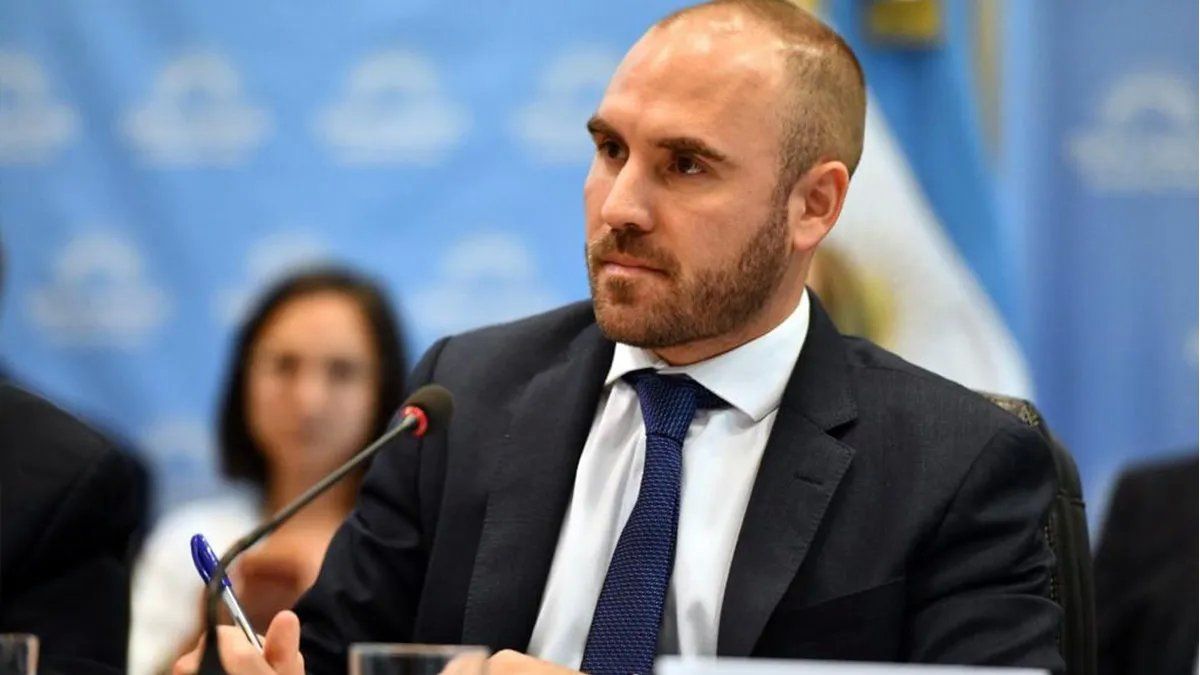What focus will the new political leadership of the Ministry of Commerce have? Reduce the “gap” in prices that exists between the Care Prices basket and the rest of the mass consumption products. In the government they believe that this price difference causes a shortage of the items included in the agreed price baskets, for two reasons: a lower supply of that basket by companies and, at the same time, a greater demand by consumers. for the difference with the rest of the gondola products. That is what the Executive will seek to attack. One solution, explains an official, is to reduce that price gap. How? The Government still does not want to confirm, because the discussions will begin in the coming weeks because the new basket has to be on June 7.
In practice, although the Government still does not want to confirm it, it implies that, in order to reduce this “gap” of prices, decisions are made that contain several combinations: either that they seek to agree with the companies a ceiling on all massive products but without touching too much the price of the Care Prices products, or that a greater relative rise in Prices is agreed upon Care and moderation of the rest of the products. If the first is chosen, the companies will protest because a “ceiling” is put on the increase of all products. If the second option is chosen, the relative increase in price of Care Prices products will affect the already hard-hit pockets of most of the population. Regardless of how this gap reduction ends up being achieved, the government assures that it will be very important to guarantee the supply of all products.
“Inflation is the most complex thing to tackle and it is where the Government is putting the focus”, an official told Ámbito after the modifications were confirmed. However, they also point out that the pricing policy by itself is not effective. “The price policy does not work if you do not have reserves in the Central Bank and credibility in the economic program,” they analyzed. The core, they insisted, are the macroeconomic policies: the fiscal deficit path, the accumulation of international reserves and the monetary financing of the Treasury. And the signal, once again, is clear: the government does not intend to move from what was agreed with the Monetary Fund. Those who know Guzmán say that the decision to advance in the post-hearing rate increase is an example of this.
The search for the empowered economy minister will from now on focus on inflationary inertia. That implies, according to Ámbito, that they will seek to reinforce the signs of compliance with the economic program so that expectations play in their favor.
The relationship between Martín Guzmán and Roberto Feletti, they assure in the environment of both officials, is very “good”.
The move from the Secretary of Commerce to Economy is not the only change in the cabinet. The Ministry of Productive Development will now focus on the productive framework of the country. In this sense, it will be elevated to the rank of Undersecretary of Knowledge Economy to Secretariat (it will continue to be in charge of María Apólito) and will receive FONCAP from MECON, which Guzmán previously had in charge. In addition, they will create a National Council for Development, which will be coordinated by the sociologist Daniel Schteingart.
Source: Ambito
David William is a talented author who has made a name for himself in the world of writing. He is a professional author who writes on a wide range of topics, from general interest to opinion news. David is currently working as a writer at 24 hours worlds where he brings his unique perspective and in-depth research to his articles, making them both informative and engaging.




